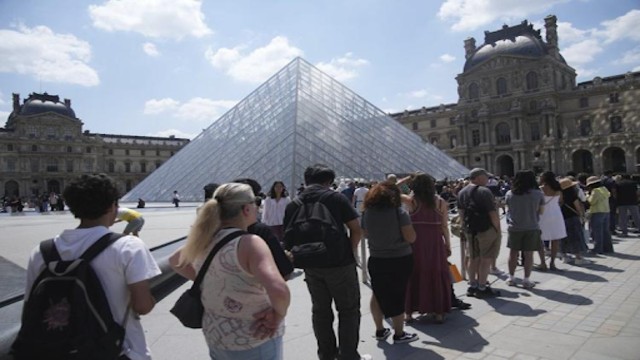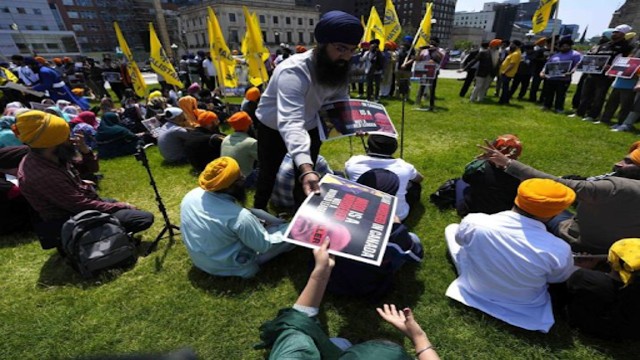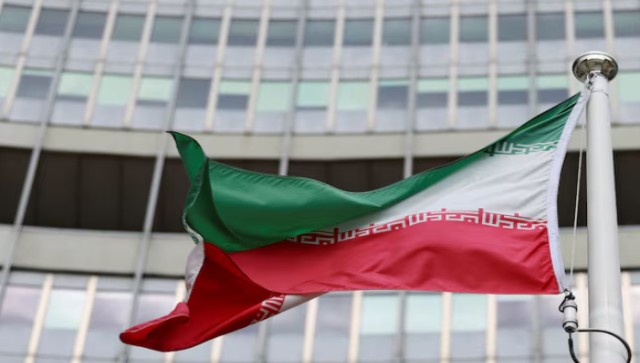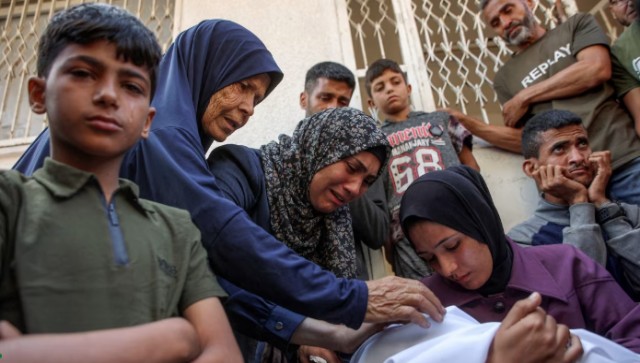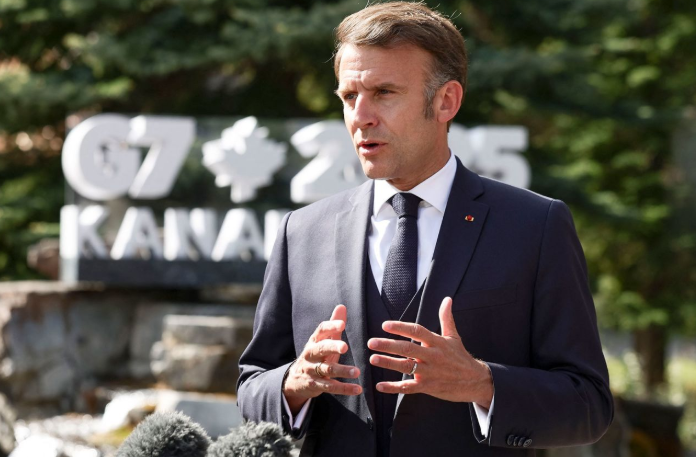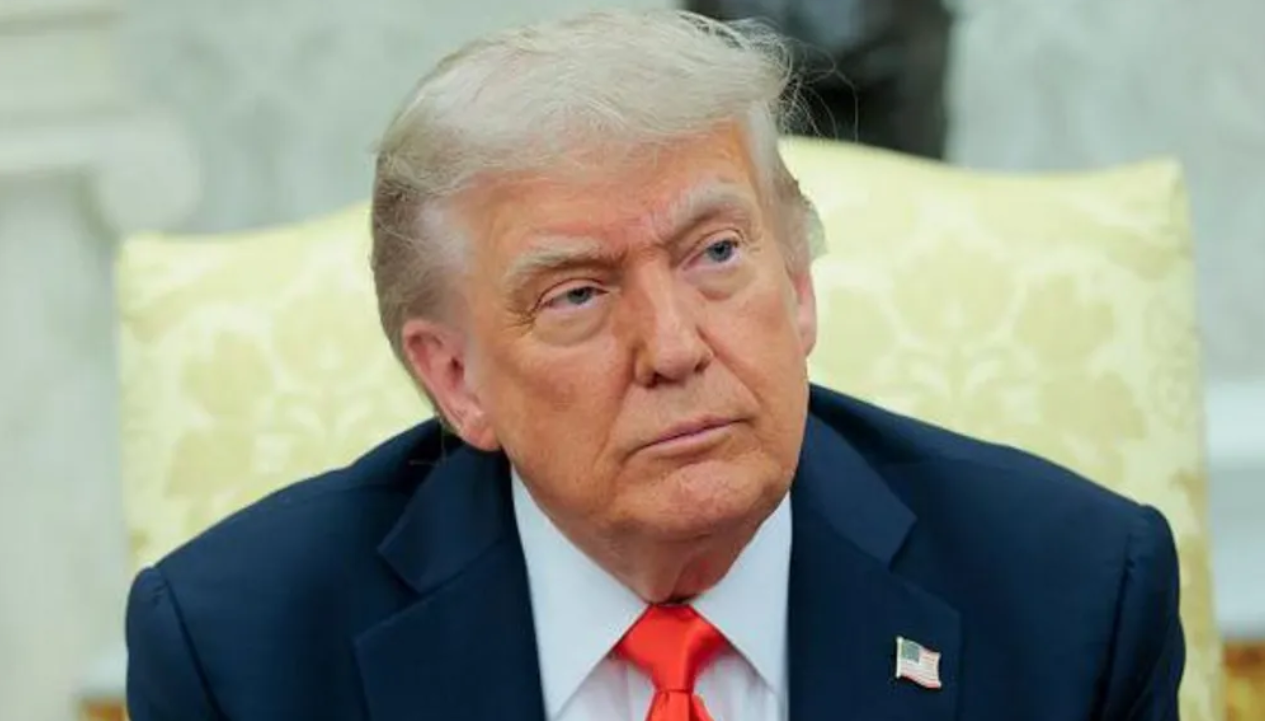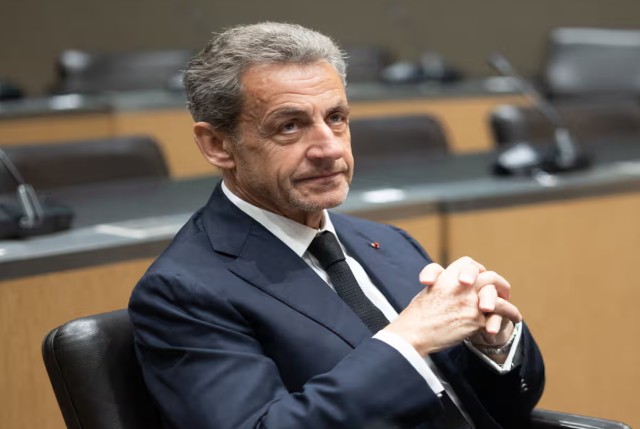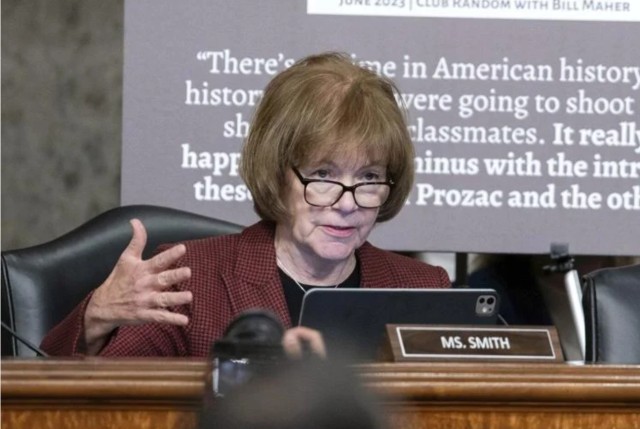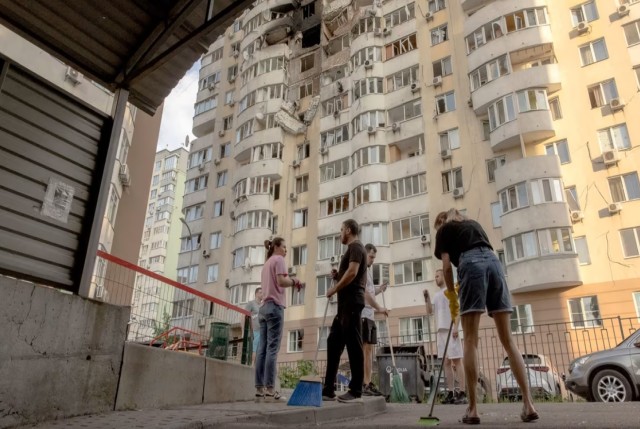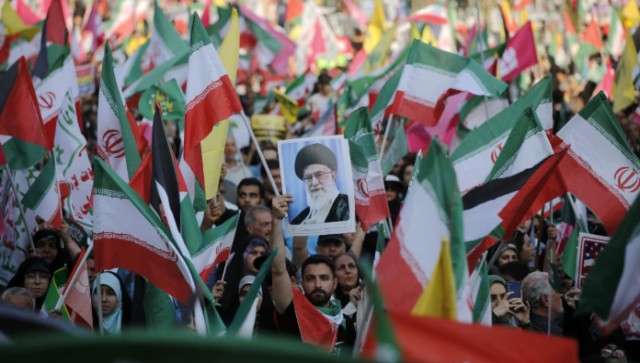
Demonstrators take part in anti-Israel and anti-US demonstrations in Tehran, Iran on June 14.
Israeli Prime Minister Benjamin Netanyahu has claimed that Israel’s recent military operation against Iran could lead to regime change. His bold statement, made during an interview, comes as Israeli airstrikes pound Iranian cities, sparking a wave of global concern and fierce responses from within Iran and beyond.
Regime Change or Misjudgment?
Netanyahu insisted that the Iranian government is "very weak," claiming that "80% of the people would throw these theological thugs out." He pointed to Iran's oppression of women and students as a sign of the regime's unpopularity. However, political experts argue that Netanyahu may be misreading the sentiment of the Iranian public. Many Iranians, while discontent with their leaders, do not support foreign intervention as a means to spark change.
Iranian Voices Want Change, Not War
Across Iran, the call for freedom and justice remains strong. Yet, voices from within the country say this is not the time for revolt. Local journalists and civilians report that while resentment toward the regime runs deep, fear and survival dominate public behavior under bombardment. "Now is not the moment to take to the streets," one journalist said. "People are more focused on staying alive."
Backlash Against Israeli Strikes
Israel’s offensive, which began Friday, has targeted both military and civilian areas. Over 220 Iranians have died, and vital infrastructure has been damaged. In response, Iran launched over 370 missiles and drones into Israeli territory, resulting in 24 deaths and hundreds injured. As the violence escalates, even anti-regime Iranians are uniting to defend their homeland, rejecting the idea that foreign military aggression will solve internal issues.
Iranian demonstrators take to the streets of the capital, Tehran, during a protest for Mahsa Amini, days after she died in police custody, on September 21, 2022.
Exiled Activists Demand Peaceful Solutions
From exile, leading Iranian human rights figures like Nobel laureate Narges Mohammadi and Shirin Ebadi have spoken out. In a joint statement, they condemned both Israel's attacks and Iran's regime. They urged for peace and called on Iran to halt uranium enrichment. Despite their opposition to the current government, they made it clear that war is not the answer.
Reza Pahlavi Sparks Division in the Diaspora
Reza Pahlavi, son of the deposed Shah of Iran, has expressed support for Israel's actions. His stance has received mixed reactions from the Iranian diaspora. While some praise his boldness, others see it as betrayal. An image of Pahlavi shaking hands with Israeli officials stirred controversy, highlighting the complex relationship between Iran's exiled royals and Israel.
Israel's Tactics Raise Regional Concerns
Israel has targeted high-ranking officials in the Islamic Revolutionary Guard Corps and struck nuclear sites. While Netanyahu argues this is necessary to prevent Iran from developing nuclear weapons, critics warn the approach may backfire. Some suggest it could push Iran closer to militarizing its nuclear program.
Regional leaders are also wary. Anwar Gargash, advisor to the UAE president, emphasized that force and confrontation cannot reshape the Middle East. "Nationalism tends to intensify when a country feels under attack," he warned.
Iranians Feel Caught in the Crossfire
For many Iranians, daily life has turned into a struggle for survival. Lines for food and fuel grow longer. Bombs fall. In this context, Netanyahu’s hopes for a popular uprising seem disconnected from reality. "We want change," an Iranian journalist said, "but not like this."
The sentiment is clear. Iranians yearn for freedom and justice. But they reject the idea that Israeli missiles can deliver it. As the war rages on, the risk of deeper regional instability looms—and the true voice of Iran’s people continues to resist both oppression and foreign domination.



